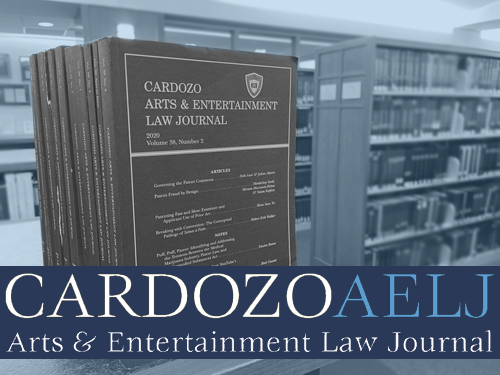Document Type
Article
Publication Date
4-26-2020
Graduation Year
2021
Abstract
Subject matter eligibility, defined by 35 U.S.C. § 101, requires a claimed invention to fall within “one of the four categories of invention . . . i.e., process, machine, manufacture, or composition of matter.” While the general understanding has been that Congress has intended the patent laws to be understood expansively, the Supreme Court has explained the inherent limitations on patentable subject matter. These judicial exceptions include abstract ideas, laws of nature, and natural phenomena. By prohibiting the grant of patents on judicial exceptions, the Court intended to prevent inhibiting “further discovery by improperly tying up the future use of these building blocks of human ingenuity.” Thus, taken together, the statutory language and the judicial exceptions require that the claims “be directed to patent-eligible subject matter and not to a judicial exception (unless the claim as a whole includes additional limitations amounting to significantly more than the exception).”
This post was originally published on the Cardozo Arts & Entertainment Law Journal website on April 26, 2020. The original post can be accessed via the Archived Link button above.
Recommended Citation
Geiger, Kaylan, "35 U.S.C. § 101: Current Subject Matter Eligibility Law Interprets “Abstract Ideas” with Abstract Definitions" (2020). Cardozo Arts & Entertainment Law Journal (AELJ) Blog. 240.
https://larc.cardozo.yu.edu/aelj-blog/240



